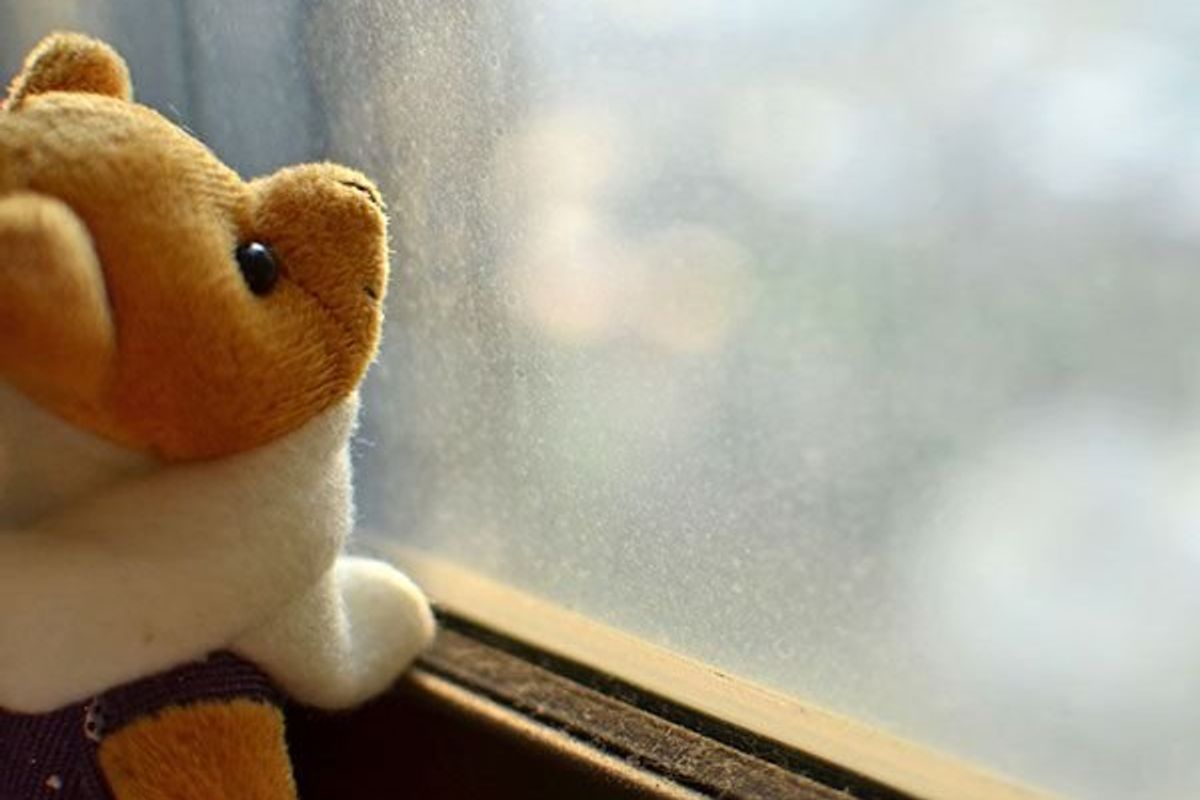

Learn about our editorial policies
Medically Reviewed
THURSDAY, Jan. 28, 2016 (HealthDay News) -- A new study cast doubts on the existence of seasonal depression -- a mood disorder linked to reduced sunlight in the winter months.
This form of depression -- known as seasonal affective disorder (SAD) and recognized by the mental health community for nearly 30 years -- "is not supported by objective data," the new study claims.
Depression comes and goes, said study lead researcher Steven LoBello. If someone experiences depression in the fall and winter, "it doesn't mean that seasonal changes have caused the depression," added LoBello, a professor of psychology at Auburn University at Montgomery, Ala.
For the study, LoBello and colleagues used data from a telephone survey of more than 34,000 U.S. adults asked about depression and then gathered information on time of year, latitude and more when measuring depression.
LoBello noted the study found no evidence that symptoms of depression were season-related and said, "If this seasonal pattern of depression occurs at all, it may be fairly rare."
Dr. Matthew Lorber, acting director of child and adolescent psychiatry at Lenox Hill Hospital in New York City, also said that seasonal affective disorder may not be a "legitimate diagnosis."
Big drug companies, Lorber said, pushed to have SAD recognized as a standard diagnosis. "It then allowed them to market to a new population to use their medications. That was a motivating factor in creating this disorder," said Lorber, who wasn't involved in the new study.
LoBello thinks the seasons have no place in the diagnosis of depression, and he would like to see these criteria discontinued.
His reasoning? Assuming a cause that isn't accurate may lead patients to pursue treatments that won't deliver relief, LoBello said.
According to the new report, published Jan. 20 in Clinical Psychological Science, seasonal affective disorder was added to the Diagnostic and Statistical Manual of Mental Disorders (DSM) -- the bible of psychological diagnosis -- in 1987.
LoBello isn't the first to explore the validity of this diagnosis.
Kelly Rohan, an associate professor of psychology at the University of Vermont, has done her own research on seasonal depression and found "no season differences in reports of depressive symptoms."
"I certainly did not argue that this means SAD does not exist," she said. "However, only a minority of depression cases are actually SAD."
So, how come other research has found that a significant percentage of the public suffers from this condition? (The American Academy of Family Physicians says up to 6 percent of U.S. adults have winter depression, and as many as one in five have mild SAD symptoms).
It all depends on how the studies are done and how the questions are asked, Rohan said. "Also, SAD depressive symptoms tend to be less severe than in nonseasonal major depression and mood tends to be back to normal in the spring and summer," she said. "So when you take all the depressed people in this sample -- including the minority that claims to be SAD -- and look at seasonal differences in their depression scores, I am not surprised that it is a wash."
For the study, LoBello and colleagues used the 2006 Behavioral Risk Factor Surveillance System. The 34,000-plus respondents had been asked about the number of days they felt depressed in the past two weeks. The researchers matched these responses with the location of each person and the day, month, latitude and amount of sun exposure when interviewed.
People who responded to the survey in the winter months, when sunlight exposure was low, had no greater levels of depressive symptoms than those who responded to the survey at other times, the researchers said.
In addition, the researchers found no evidence for seasonal differences in mood when they zeroed in on more than 1,700 participants with clinical depression.
SOURCES: Steven LoBello, Ph.D., professor, psychology, Auburn University, Montgomery, Ala.; Kelly Rohan, Ph.D., associate professor, psychology, University of Vermont, Burlington; Matthew Lorber, M.D., acting director, child and adolescent psychiatry, Lenox Hill Hospital, New York City; Jan. 20, 2016, Clinical Psychological Science
Copyright © 2016 HealthDay. All rights reserved.
You might be interested in





